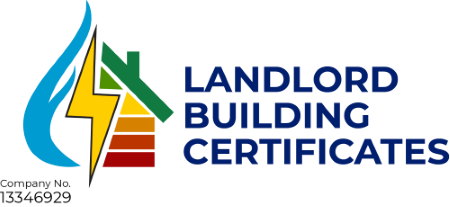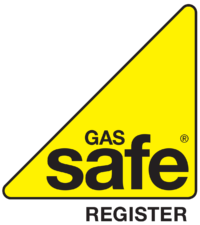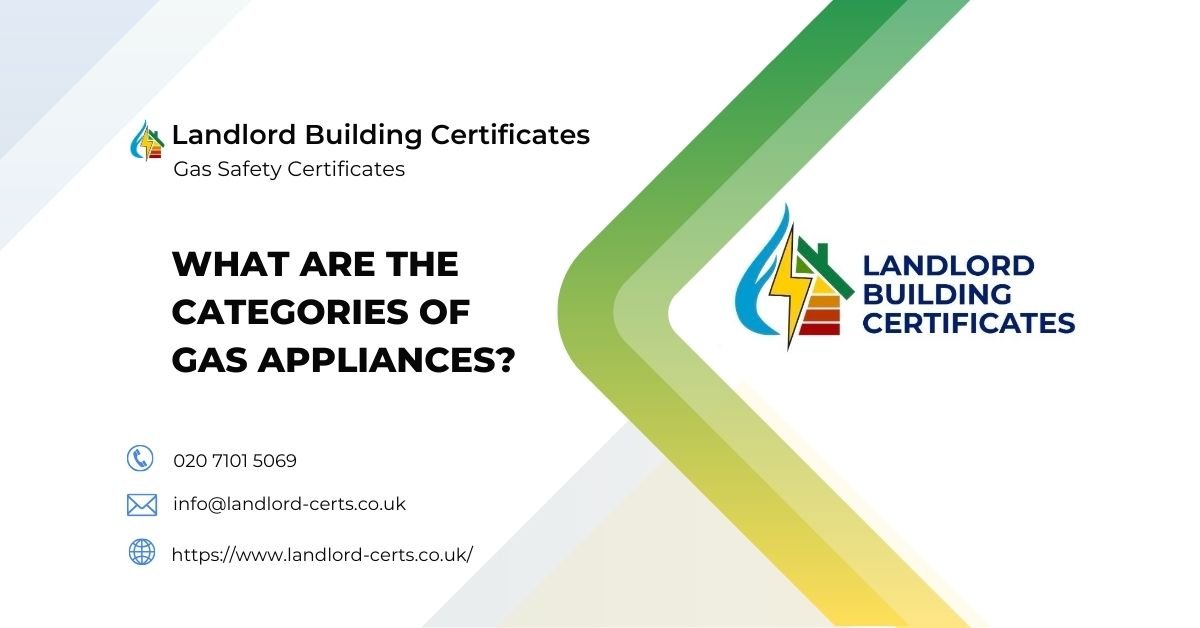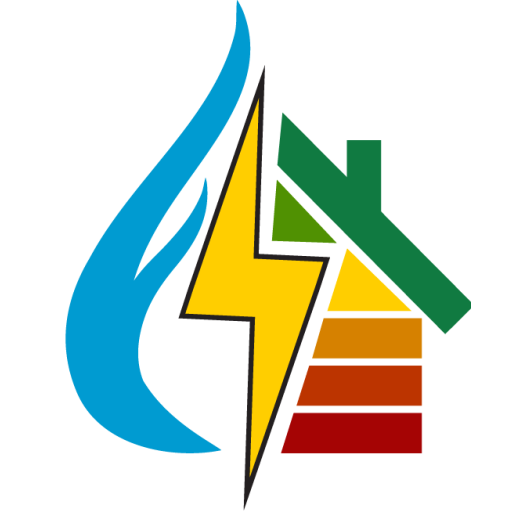What are the categories of gas appliances and why do they matter for landlords?
Gas appliance categories define how different types of gas-powered units operate, particularly with respect to their venting, pressure and moisture characteristics. For landlords in the UK, understanding these categories is important not only for safe installation and maintenance, but also for meeting legal responsibilities under the Gas Safety (Installation and Use) Regulations 1998. This knowledge helps ensure properties remain compliant with CP12 gas safety certification standards while reducing risk for both landlords and tenants. Each category outlines different technical and regulatory details that influence what venting materials should be used, how systems must be installed and how often they should be inspected.
Here's What We Have Covered In This Article
Legal Responsibilities of Landlords for Gas Appliances
Overview of the Gas Safety (Installation and Use) Regulations 1998
The Gas Safety (Installation and Use) Regulations 1998 place legal duties on UK landlords to ensure that every gas appliance, pipework and flue in a rented property is safe. This includes arranging an annual safety check by a Gas Safe registered engineer and providing tenants with a copy of the Gas Safety Record.
Gas Safety Certificate (CP12): What appliances are covered?
All gas appliances in a rented property must be included in the annual CP12 check. This includes boilers, gas cookers, fires and water heaters. Each appliance must be reviewed in line with its category type, which influences how it is inspected and whether any repairs or updates are necessary. Landlords should also be aware that new installations or modifications to existing systems may require a Building Regulations Compliance Certificate.
Consequences of non-compliance
Failing to meet gas safety obligations can lead to fines, imprisonment and invalid insurance cover. Tenants could also suffer harm if unsafe appliances go unchecked. Local councils have enforcement powers and can issue improvement notices or ban landlords from operating if standards are not met. Regular inspections and records offer legal protection and support safe long-term property management.
Gas Appliance Categories Explained
Category I: Non-condensing, natural draft appliances
Category I appliances use natural draft venting and operate at non-positive static pressure. Common examples include older open-flue boilers and gravity-vented water heaters. Combustion gases exit vertically via metal flues that rely on heat to create airflow.
Characteristics
-
Natural draft venting system
-
Non-condensing operation
-
Typically uses galvanised or stainless steel flue pipes
Compliance Considerations
These systems must be installed with correct vertical flues that follow British Standards for size and clearance. Regular checks should confirm that joints are intact, no corrosion is present and the flue is free from blockages. Poor ventilation can lead to carbon monoxide exposure. Using a Gas Safe registered engineer ensures safe inspection and servicing.
Category II: Non-condensing with moisture-producing vent gases
Category II appliances operate with non-positive pressure and produce exhaust gases with high moisture content. Although rare in domestic settings, they may appear in imported systems or older buildings.
Characteristics
-
Produces acidic condensate that may cause vent corrosion
-
Requires corrosion-resistant materials
Compliance Considerations
If installed, manufacturers’ guidelines and UK building standards must be followed closely. These systems need appropriate vent pipework designed to withstand moisture. Landlords should consult qualified engineers to verify correct installation and ongoing safety.
What is a Category III gas appliance and what makes it different?
Category III appliances operate under positive static pressure and use fan-assisted systems to discharge combustion gases. They are non-condensing but require a sealed flue system to prevent leaks. These units are often found in garage heaters, certain boilers and industrial-style room heaters.
Characteristics
-
Uses a fan to control gas exhaust
-
Requires airtight vent joints
-
Often vented horizontally through external walls
Compliance Considerations
Airtight installation is necessary to avoid leaks of combustion gases. Flue materials should be certified for pressurised venting and installed to exact manufacturer instructions. Landlords should retain a copy of the appliance manual and ensure inspections confirm correct pitch, secure fittings and absence of any flue damage. Some councils recommend photographic evidence for property licensing applications.
Category IV: Condensing, fan-assisted appliances
Condensing appliances use high-efficiency technology to recover heat from exhaust gases. These systems operate under positive pressure and create moisture as a by-product of the heat recovery process. Most domestic boilers in newer properties fall under this category.
Characteristics
-
Fan-assisted sealed combustion
-
Positive pressure venting
-
Produces acidic condensate
-
Often uses PVC or polypropylene flue systems
Compliance Considerations
Installations must ensure that condensate drainage is plumbed safely and that the flue pipe is fully sealed. Leaking flue joints can cause moisture damage and risk exposure to carbon monoxide. These units play a key role in improving a property’s Energy Performance Certificate rating, which affects rental appeal and legal compliance in England and Wales.
Pro Tip: Include tenant-facing guidance in your welcome pack. It reduces callouts and ensures tenants know how to report issues properly.
Book Your CP12 Gas Safety Inspection Today
Stay compliant and avoid penalties. Book a Gas Safe registered engineer now for your legally required CP12 check.
Vented and Unvented Gas Appliances
How do vented and unvented gas appliances differ in rented properties?
Vented gas appliances remove combustion gases through a flue or chimney. These include boilers, fires and water heaters that must be connected to a properly fitted venting system. Unvented appliances, such as portable gas heaters, release combustion products directly into the room.
Safety and Legal Implications
Unvented appliances require permanent ventilation and must never be used in bedrooms or bathrooms. Carbon monoxide alarms are legally required in rooms with solid fuel or gas appliances. Landlords must ensure that vented systems meet manufacturer and regulatory guidelines. A Gas Safe engineer should carry out all installations and annual inspections to confirm safety.
Compliance and Tenant Information
Tenants should be given clear instructions about using portable gas appliances safely. These appliances must be CE marked and regularly checked for leaks or wear. Including them in your Gas Safety Record is highly recommended even if not required.
Fixed and Portable Gas Appliances in Rentals
What are the responsibilities for fixed and portable gas appliances in rented homes?
Fixed appliances are permanently connected to the gas supply and include boilers, gas fires and integrated cookers. These must be installed by Gas Safe registered engineers and checked annually as part of the landlord’s CP12 responsibilities. Portable gas appliances are not fixed in place and are usually brought in by the tenant, such as cabinet heaters or small gas camping stoves.
Safety and Inspection
While the law requires landlords to maintain only the appliances they supply, it is good practice to record all gas appliances on the Gas Safety Record. This includes any portable units provided with the tenancy. Landlords can reduce liability and protect tenants by regularly inspecting these appliances and ensuring proper instructions are available.
Legal Grey Areas
Portable appliances provided by tenants are legally their own responsibility. However, if a tenant is using a portable heater inappropriately or in a location where it could pose a hazard, the landlord should address the issue. Some councils require inspection of all gas appliances regardless of ownership under licensing schemes.
Bundle Your Certificates and Save Time
Get your CP12, electrical, and energy certificates done in one visit. Save time and simplify compliance.
Gas Appliance Compliance Certificates
What gas certificates do landlords need to provide for appliance safety?
Landlords are required to provide tenants with documentation that confirms the safety of gas installations and appliances. These documents include the CP12 Gas Safety Certificate, Building Regulations Compliance Certificate and sometimes the Energy Performance Certificate when heating systems are involved.
CP12 Gas Safety Certificate
This is the main document that confirms an annual gas safety check has been carried out by a qualified engineer. It includes the condition of each appliance, any defects and actions taken to correct them.
Building Regulations Compliance Certificate
If a new boiler or gas appliance is installed, landlords must receive and retain a certificate that shows the installation complies with Building Regulations. This certificate is typically sent by the installer through the Gas Safe Register.
Energy Performance Certificate (EPC)
Although the EPC is not strictly a gas certificate, it plays a role in assessing the energy efficiency of the property’s heating systems. Category IV condensing appliances can help improve the EPC score, which is important for rental marketing and meeting the Minimum Energy Efficiency Standards.
Common Hazards Associated with Gas Appliances
What risks do faulty gas appliances pose in rental homes?
Faulty or poorly maintained gas appliances can be dangerous. The most serious risks include carbon monoxide poisoning, fire and explosion. Carbon monoxide is odourless and colourless and can quickly become deadly without warning. Poor flue installation, leaking seals or blocked vents can allow gases to escape into living spaces.
Preventative Safety Measures
Install working carbon monoxide detectors near gas appliances and test them regularly. Ensure flues are not obstructed and ventilation remains clear at all times. Regular servicing by Gas Safe registered engineers is the most reliable way to identify and correct faults early.
Maintenance and Inspection Requirements
How often should gas appliances in rentals be serviced?
All gas appliances provided by the landlord must be serviced at least once a year. This service should be carried out by a qualified Gas Safe registered engineer who can assess the appliance, its flue system and any connected pipework.
Record Keeping and Engineer Qualifications
Landlords must retain copies of each CP12 certificate for at least two years. Tenants should be provided with the most recent record at the start of the tenancy and within 28 days of a new check being completed. Always check the engineer’s Gas Safe ID before work begins to ensure they are qualified to assess the relevant appliance type.
Best Practices for Landlords
Practical tips to maintain compliance and reduce risk
Create a maintenance calendar to remind yourself of key dates for servicing and certification renewals. Keep detailed records of every inspection, repair and certificate. Use trusted local engineers who understand residential regulations and provide thorough documentation.
Clear communication with tenants is also helpful. Provide instructions on appliance use, explain the purpose of carbon monoxide detectors and encourage tenants to report any concerns. A well-maintained gas system is safer for everyone and protects the value of your property.





